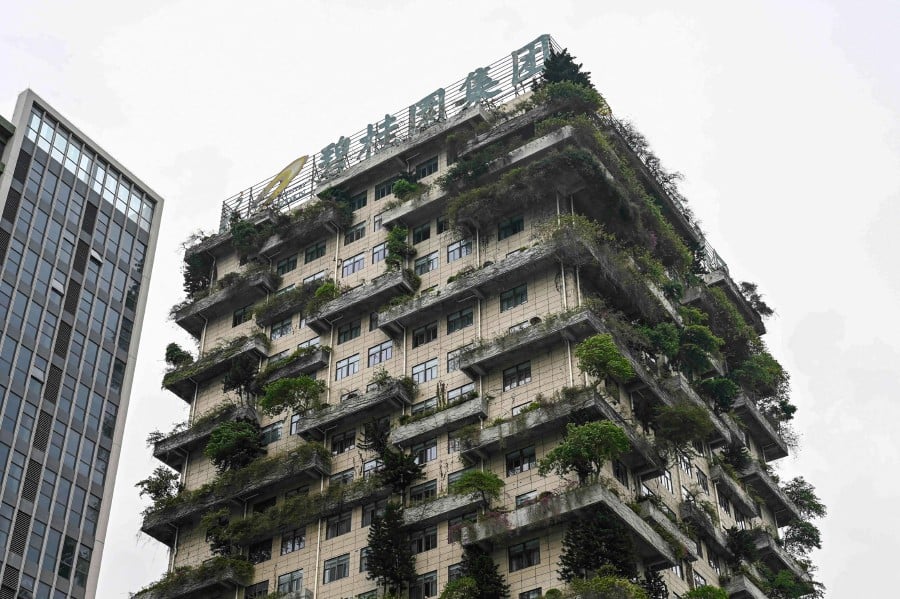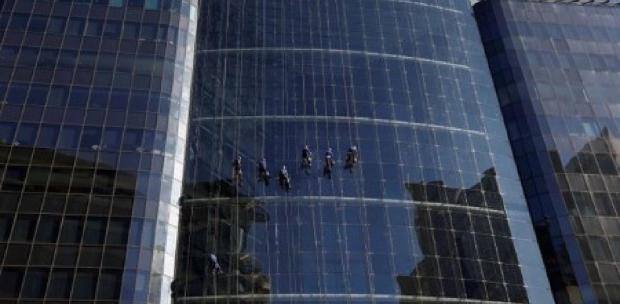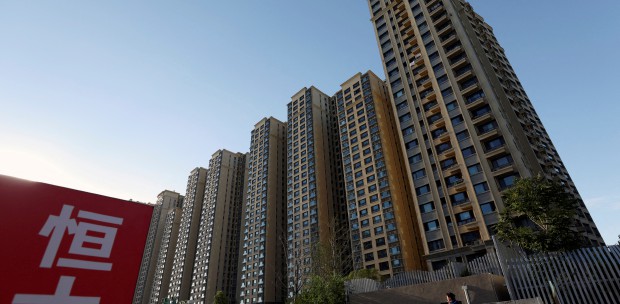Beijing: Concerns are mounting in China around Country Garden, a major property developer whose colossal debt raises fear of a bankruptcy that could spell wider economic turbulence, two years after the unravelling of its competitor Evergrande.
Country Garden shares plunged by more than 16 per cent in Hong Kong on Monday after it missed bond payments and warned of multibillion-dollar losses.
Its billionaire boss Yang Huiyan has said the firm is "facing the greatest difficulties since our establishment."
Here's what you need to know about Country Garden:
Country Garden is run by Yang Huiyan, who until recently was one of the richest women in China and Asia.
Yang, now in her early forties, became a billionaire when she inherited shares from her father in 2005, two decades after he founded the company.
But her fortune has dwindled since 2021 as China's real estate crisis dramatically weakened the sector.
Yang, who lost nearly US$29 billion in two years according to a Bloomberg ranking of billionaires, has an estimated wealth of US$5.3 billion.
To support Country Garden, she and her family have chipped in the equivalent of US$4.9 billion in personal funds, according to the group.
The top seller of real estate in China last year, Country Garden was named in Forbes' list of the 500 largest companies in the world.
Based in the southern Chinese city of Foshan, the group employed nearly 70,000 "full-time" staff members at the end of 2022, according to the most recent figures from the company, which has long been deemed financially solid.
It also has operations abroad, including a gigantic real estate project in Malaysia involving artificial islands.
In addition to its core focus on real estate, Country Garden has been developing robots for the catering industry since 2019.
The firm has produced designs for different types of mechanised food processors, and last year it opened an expansive, fully automated restaurant in Foshan.
The restaurant, which accommodates up to 600 people, is staffed by 20 robots that can prepare three types of dishes including Chinese hot pot, the firm said at the time.
But recent sluggishness in the Chinese real estate market has caught up with the company.
According to media reports, Country Garden was unable to make two bond payments on August 6.
It has a 30-day grace period, but if it does not pay within that time then it risks default.
Adding to the pressure, 31 billion yuan (US$4.27 billion) in the firm's bonds are set to mature in 2024, according to rating agency Moody's.
Like its competitor Evergrande, which owes more than US$300 billion, any collapse of Country Garden would have damaging repercussions on the Chinese financial system and economy.
It is due to publish its half-year results by the end of the month, and says it expects a net loss of 45 to 55 billion yuan (about US$6.2 billion to US$7.6 billion).
And its situation is particularly precarious because around 60 percent of its projects are located in small Chinese cities, where property prices have fallen the most and where customers have weaker purchasing power.
Country Garden announced over the weekend it would suspend trading of onshore bonds from Monday, a decision likely to cause concern in the markets as the company said that its debt was estimated at some 1.15 trillion yuan (US$159 billion) at the end of 2022. - AFP





